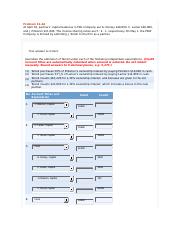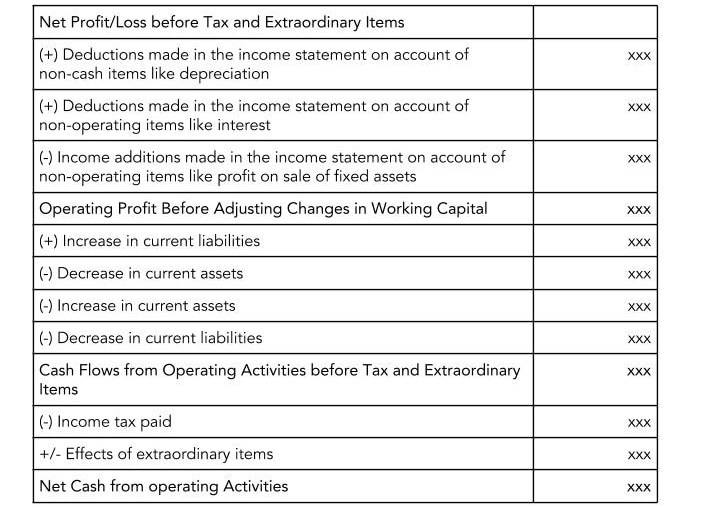
QuickBooks Commerce is the online selling and inventory management platform from Intuit QuickBooks. It was built out of TradeGecko and is now sold as a QuickBooks add-on platform. It provides inventory management, multichannel selling, and accounting synchronizations to small-business customers. E-commerce businesses can be seasonal, meaning cash flow will fluctuate. Maybe the holidays will bring in more revenue, or maybe it’s the summertime that does best. Either way, cash flow planning will help you manage the months when cash flow is lower.
More from Business Wire
This integration allows businesses to automatically sync sales, inventory, and customer data between the two systems, eliminating the need for manual data entry. QuickBooks Commerce does limit products and monthly sales orders and requires QuickBooks accounting software, so if you prefer something else, you’re out of luck. But we think it does a good job of providing inventory management and ecommerce assistance without breaking the bank. Starting at just $50 per month you get QuickBooks Commerce and QuickBooks Online. Integrating QuickBooks with an e-commerce platform can provide businesses with a number of benefits.
Intuit QuickBooks Introduces Integrated E-Commerce Management for Product-Based Businesses Using QuickBooks Online
- Please visit us at Intuit.com and find us on social for the latest information about Intuit and our products and services.
- By understanding these challenges and taking the necessary steps to address them, businesses can ensure that the integration process is successful.
- Maybe the holidays will bring in more revenue, or maybe it’s the summertime that does best.
- As we continue our journey to build a more durable integrated product to help our customers grow their businesses, we continue to develop commerce accounting capabilities into QuickBooks Online worldwide.
Doing your taxes as an ecommerce business can be quite the undertaking, and the last thing anyone wants is an… By following these best practices, you can ensure that your e-commerce platform and QuickBooks data is managed effectively and securely. Accounting rules and tax regulations differ by country and state, so staying up to date is crucial to your success. Even if accounting isn’t your strong point, there are a few simple guidelines to follow for managing a smooth ecommerce operation. Zoho Books is a comprehensive platform for managing your bookkeeping tasks and organizing your transactions.
Plus, what to do when an employee resigns QuickBooks Commerce lets you sell online and in a brick-and-mortar store. An accountant can provide valuable insights, ensure compliance with tax regulations, and help with financial planning, which may be particularly important for growing e-commerce ventures. You can also set up payment methods, such as credit cards, PayPal, and bank transfers. Once you have an account, you will need to connect it to your e-commerce platform. This can be done by linking your e-commerce platform to your QuickBooks account.
Find help articles, video tutorials, and connect with other businesses in our online community. Good search capabilities can be the difference between making a sale and causing a headache. Customers should be able to search using a few keywords and find what they need. Most website platforms offer a search engine plug-in, but make sure you’ve optimized your product descriptions with keywords and tags as well.
Setting up QuickBooks for your eCommerce business

You can select what are payroll expenses the Orders tab in QuickBooks to view individual sales orders. While you can view your orders and the details of each order, you can’t download them into your QuickBooks Online accounts. Your inventory and products aren’t uploaded to your sales channels.
With an up-to-date Chart of Accounts, you can track important financial metrics and make data-driven decisions based on company performance. Accrual accounting, unlike cash accounting, measures a transaction when funds are earned or expenses are incurred, not when payment changes hands. Shopify comes with built-in tools to help manage warehouse and store inventory in one place. Track sales, forecast demand, set low stock alerts, create purchase orders, count inventory, and more.
The two accounting methods are cash accounting and accrual accounting. An ecommerce company can use either periodic lifo fifo average method, but not both at once. There are many different accounting providers available—from accounting software platforms to traditional accounting firms.